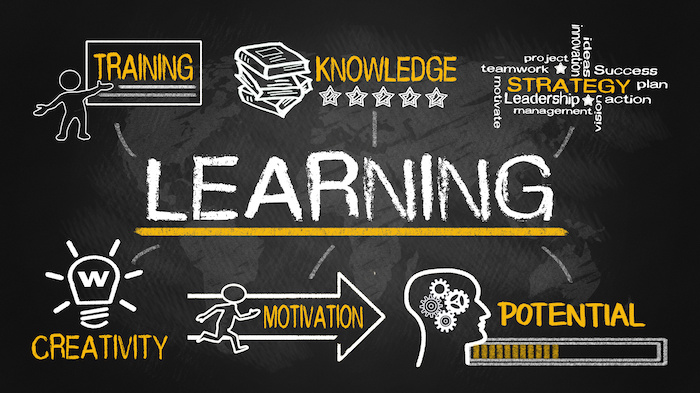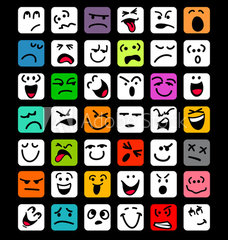
As we all know society is aging… fast. Aging people travel- more than ever, as do aging people who are living with dementia. Airlines listen up – this trend is not going to slow down. The question is, how are you going to better serve your aging customers and improve the flying experience for all of your passengers?
Here’s a summary of my recent experience that supports our call to action:
On a recent trip from Florida, the plane was delayed due to fifteen people in wheelchairs who had to pre-board. As I was one of the last to board, I chose a window seat next to two ladies. One of the passengers was 97 and traveling with her daughter. Being a dementia educator and passionate advocate for the elderly, I was especially keen to the conversation between them. Throughout the flight, mom would ask her daughter to call people and the endless loop of questioning “how much longer” never ceased. The daughter was patient but I could certainly sense frustration brewing.
Across the isle was a women with Parkinson’s disease. Somehow her husband managed to keep her occupied by playing cards despite the fact that she was constantly in motion. Again, I observed a patient husband as long as status quo remained intact.
I was not able to observe the other 13 people who had pre boarded, but I’m assuming the scenario played out similarly.
When we landed, the lady with Parkinson’s attempted to reach up and get her bags. Not one person assisted, so her husband switched places with her so he could reach them. In doing so, she fell on the floor of the empty row across from her. Only then did the flight attendants come to assist as the front of the plane yelled “She fell!”I felt a tinge of embarrassment for that couple.
The 97 year old lady woman was attempting to get up and several passengers squeezed around her almost knocking her down. I finally interjected asking the other passengers to PLEASE giver her a chance to get out. Again, a flight attendant finally came to assist. The daughter very gently stated that her mother needed a wheelchair to which the flight crew member responded, “Well I’m 55 and I don’t need one”. I’m still not quite sure what the meaning of that statement was supposed to be, but it was neither respectful or kind.
Dementia avoidance, lack of knowledge and communication skills from airline employees and the flying public is creating havoc on the ground and in the air, and diminishing those living with dementia (and their families) as second class passengers.
Airlines, like other customer oriented businesses need to invest in training employees to better understanding aging, dementia and how to properly communicate with their aging consumers. In doing so, they will gain a unique competitive advantage. Even more importantly, they will be doing the right thing – showing kindness, compassion and respect for our elders.
What is your training plan for this year?


